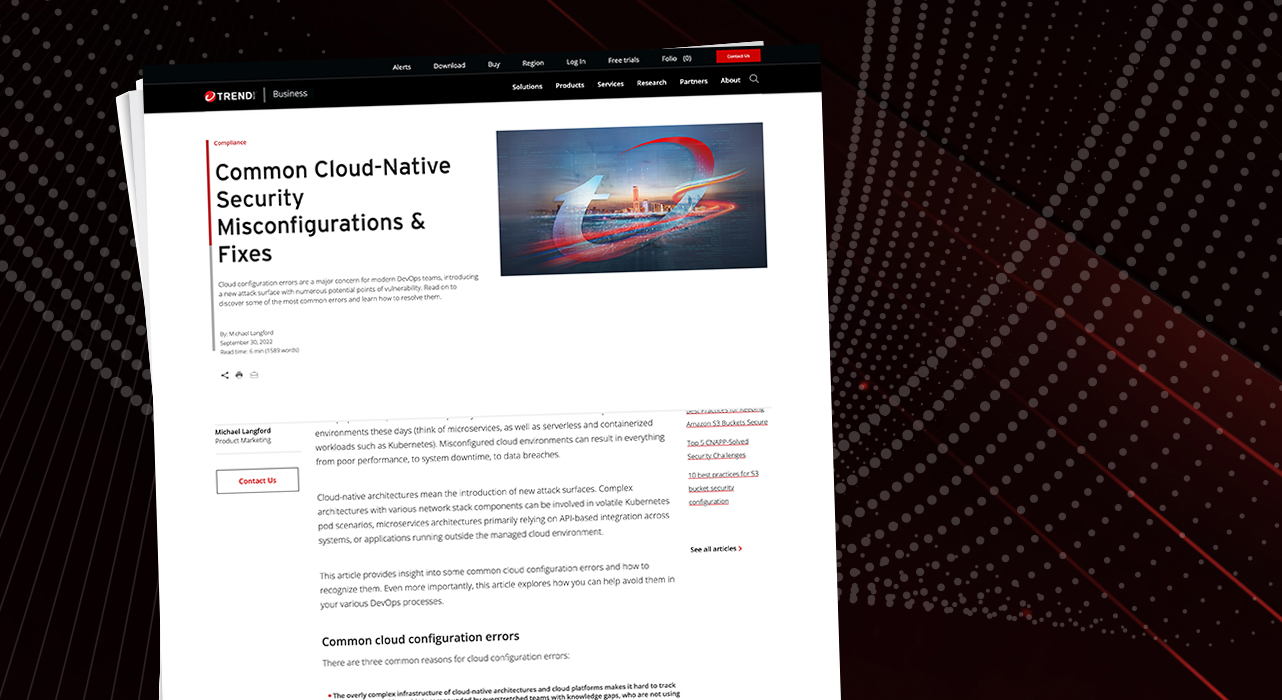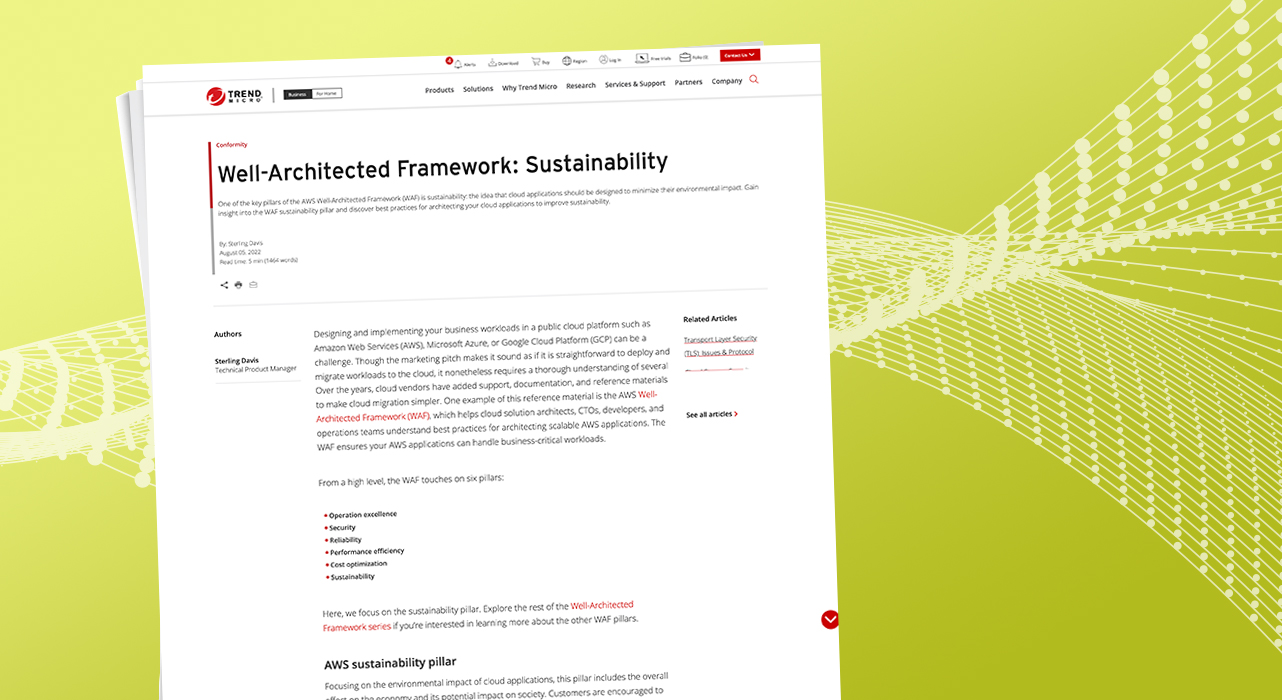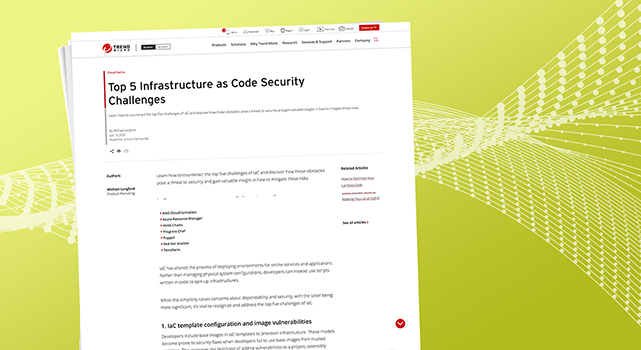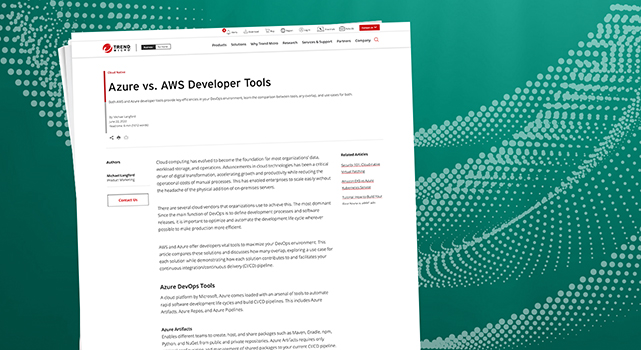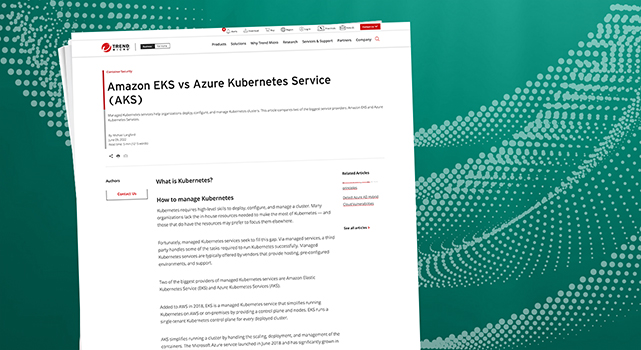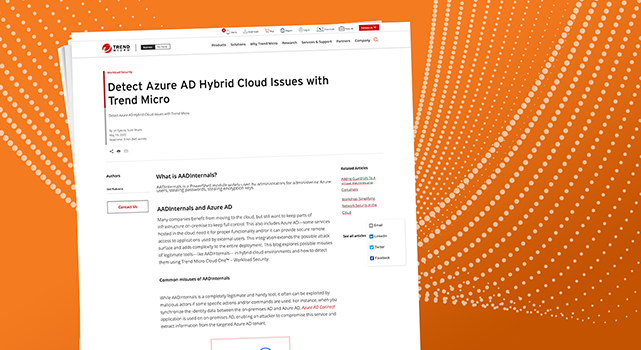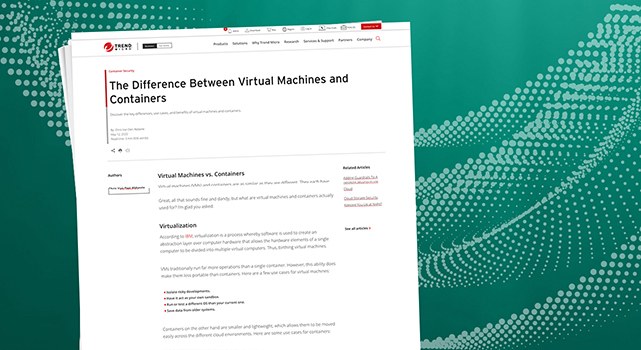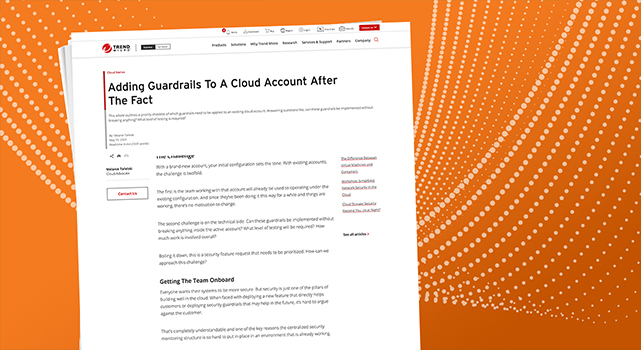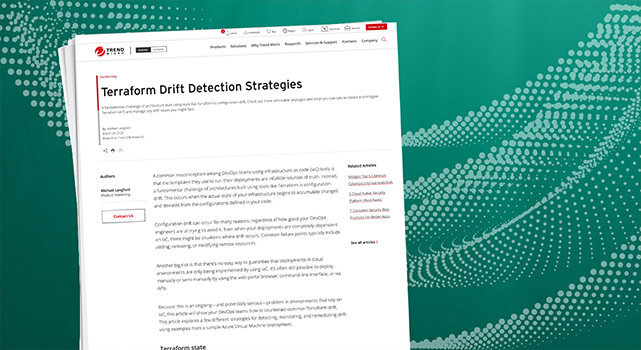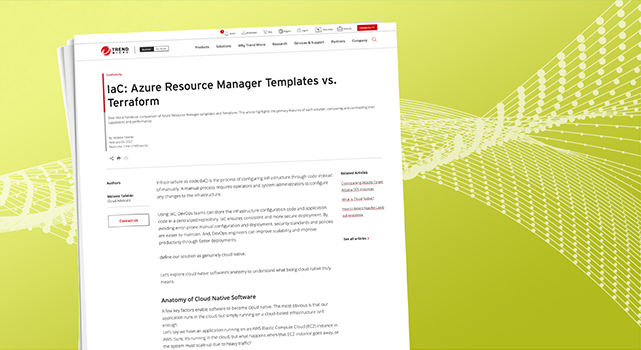Common Cloud-Native Security Misconfigurations & Solutions
Cloud configuration errors are a significant concern for stakeholders invested in modern DevOps processes, thanks to the quantity of cloud-native software used in production environments these days (think of microservices, as well as serverless and containerized workloads such as Kubernetes). Misconfigured cloud environments can result in everything from poor performance, to system downtime, to data breaches. Cloud-native architectures mean the introduction of new attack surfaces. Complex architectures with various network stack components can be involved…
Read More
